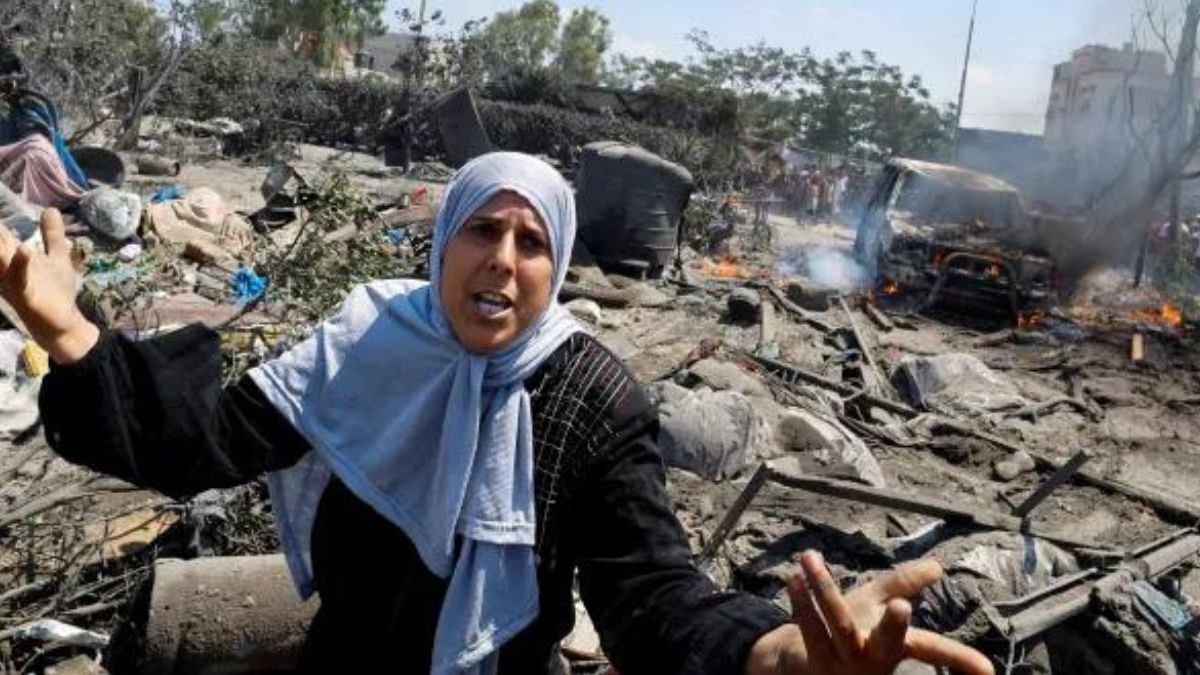The Ministry of Health announced that the death toll in the recent Israeli attack on the coastal city of Al-Mawas has risen to 71. This latest incident marks a significant escalation in the ongoing conflict, deepening the humanitarian crisis in the region.
Thursday’s late-night attack left the town of Al-Mawas in ruins, with homes, schools and medical facilities damaged or destroyed. According to the Palestinian Ministry of Health, many of the victims are women and children.
Witnesses in Al-Mawas described scenes of chaos and destruction, with emergency services struggling to deal with the huge number of injured. Hospitals in the region are overburdened and lack the resources and staff to handle the influx of patients. Local authorities called for urgent international aid to address urgent medical needs and support ongoing rescue operations.
The Israel Defense Forces (IDF) stated that the attack was a targeted operation aimed at neutralizing the military threat in the region. They claim that Al-Mawas was used as a base to launch rockets into Israeli territory, which posed a serious security risk.
However, the extent of the destruction and the high number of civilian victims drew serious criticism from human rights organizations and international observers. In response to the attack, there were widespread demonstrations in the Palestinian territories, with demonstrators demanding an end to the violence and accountability for civilian casualties.
The Palestinian Authority condemned the attack, calling it a “war crime” and called on the international community to intervene. The wider impact of the attack on Al-Mawas is profound.
In addition to the immediate casualties and injuries, the destruction of infrastructure displaced thousands of residents, worsening the current humanitarian crisis in the Gaza Strip. Access to basic needs such as clean water, food and shelter has become increasingly precarious. International reaction was swift but divided.
The UN has called for an immediate ceasefire and for both sides to return to the negotiating table. Several countries echoed these sentiments and called for restraint and dialogue to avoid escalation. At the same time, Israel’s right to self-defence remains strongly supported by key allies, including the United States, which has reaffirmed its commitment to Israel’s security.

